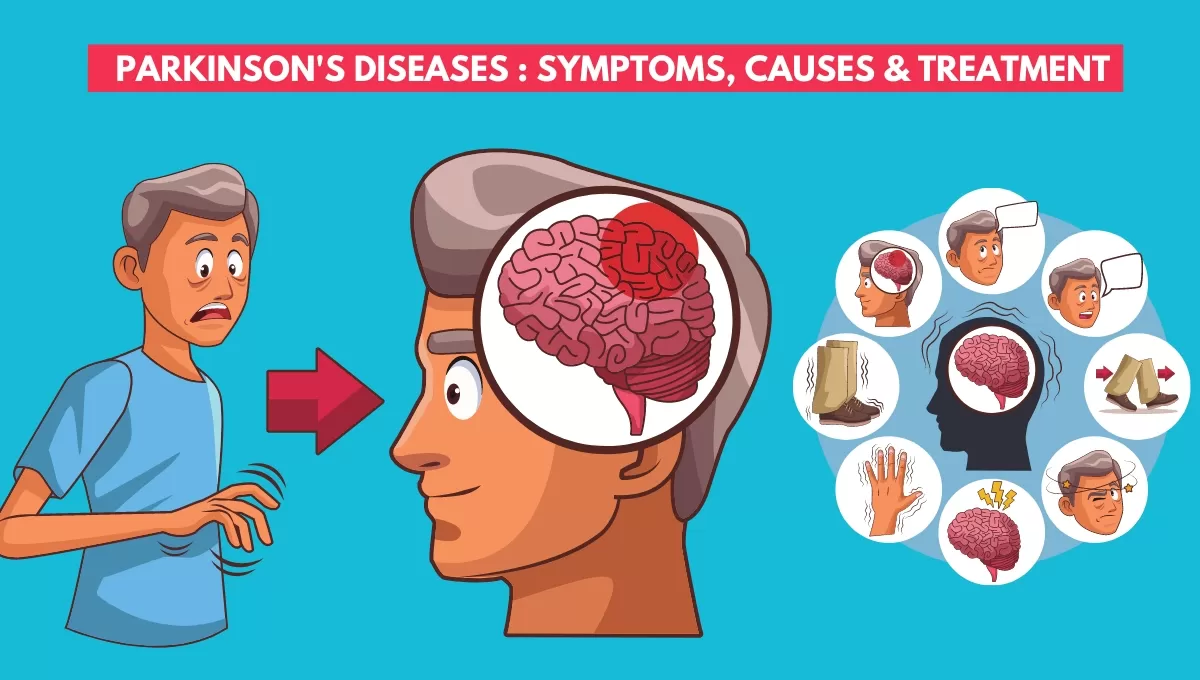
Introduction
The term ‘casualty’ has significant implications across various contexts, including healthcare, military, and emergency response. Understanding what constitutes a casualty and its nuances is vital for professionals in these fields, as well as for the general public.
The Definition of Casualty
In a broad sense, a casualty refers to an individual who suffers harm, injury, or fatality as a result of an accident, war, disaster, or other adverse events. In medical terminology, it is often used to describe victims in need of medical assistance. The definition can vary slightly depending on the context, but it usually encompasses unintended outcomes.
Recent Incidents Highlighting Casualties
Recent geopolitical tensions and natural disasters have brought the concept of casualty to the forefront of international news. For instance, reports from the ongoing conflict in Ukraine indicate significant civilian casualties as a result of military actions. According to the United Nations, estimates from late 2023 show thousands of civilian lives lost or injured, underscoring the tragic human cost of warfare.
Similarly, natural disasters such as the catastrophic earthquakes in Turkey and Syria earlier this year resulted in thousands of casualties, prompting local and international humanitarian responses. These incidents illustrate the devastating effects of such events on human life and wellbeing, making awareness and preparedness crucial.
Emergency Services and Casualty Management
In emergency medical services, the management of casualties is critical. Emergency responders are trained to assess the level of care required for various casualties, categorising them according to the severity of their injuries. The prioritisation of treatment is known as triage, and it is essential during large-scale emergencies where resources may be limited.
Conclusion
Understanding the term ‘casualty’ is essential in fostering awareness of the consequences of accidents, warfare, and disasters. As observed in recent events, the implications of casualties extend beyond individual victims; they affect families, communities, and even whole nations. As we navigate an increasingly unpredictable world, the knowledge of casualty management and prevention becomes ever more vital for those in leadership, healthcare, and emergency services. Increased awareness and preparedness can potentially save lives and reduce the number of casualties in uncertain situations.
You may also like
The Integral Role of Hospitals in Modern Healthcare

The Role of Face Masks in Public Health Today

SEARCH
LAST NEWS
- Remembering Wendy Richard: The Promise to Co-Star Natalie Cassidy
- How Did Anglian Water Achieve an ‘Essentials’ Rating for Mental Health Accessibility?
- Shai Hope Leads West Indies in T20 World Cup Clash Against South Africa
- What We Know About Weston McKennie: Future at Juventus and Past at Leeds
- What We Know About the Upcoming Live Nation Antitrust Trial